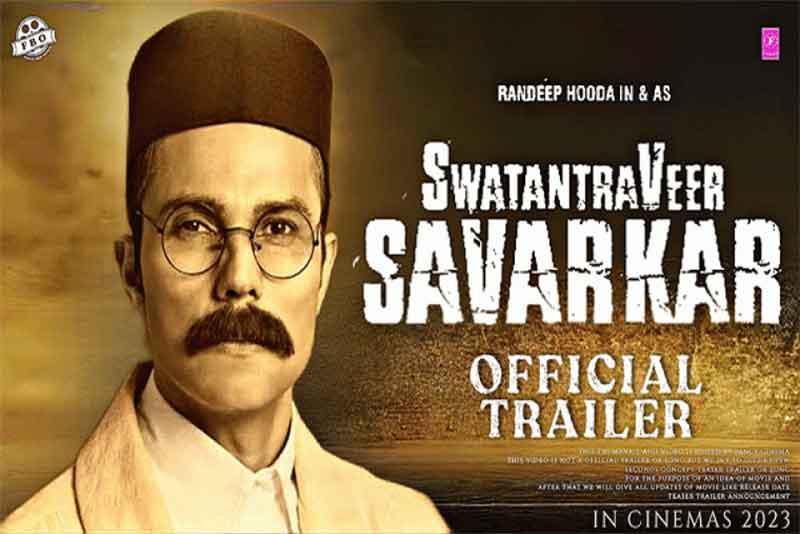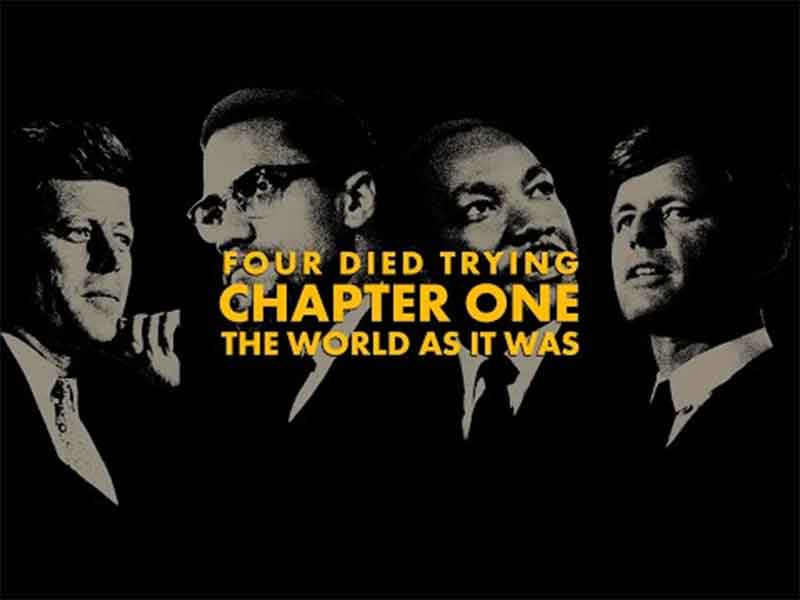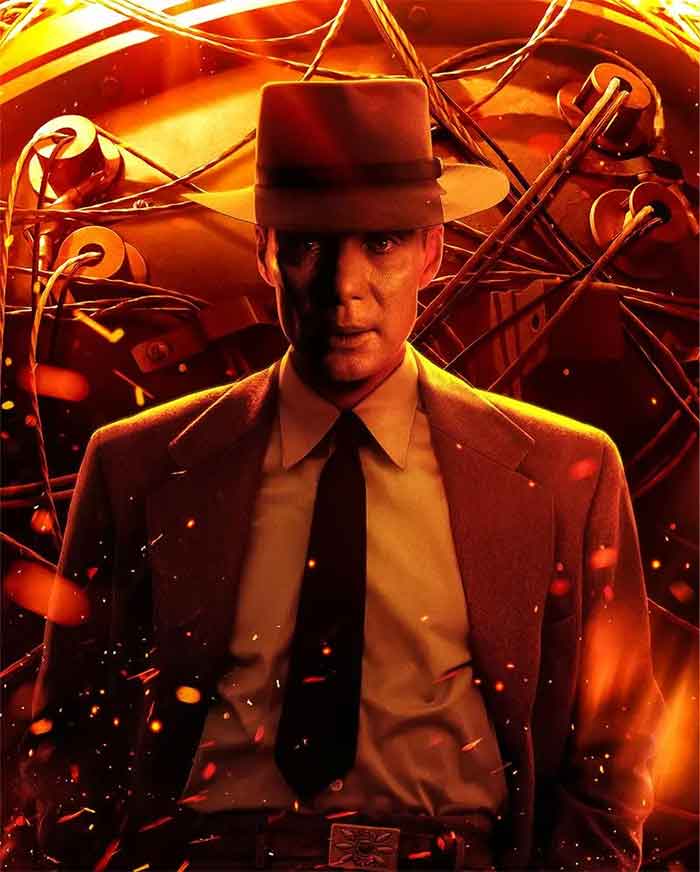Review of Munich: the Edge of War|Netflix, 2022

When I first saw an advertisement for Munich: The Edge of War appear on my Netflix search screen, my blood pressure rose palpably. I knew that I had to watch it and that parts of the movie would be objectionable, from a historical and moral point of view. I avoided watching it for some time, knowing that my emotional amplitude would exhaust me and that I’d spend a good deal of time writing a rejoinder. If indeed this bias suggests that I didn’t give the movie a fair shake, then let’s call a truce and just move on. Peace for our time, I say.
Well, I finally watched it. As I said, I knew parts would be objectionable. On that score, I was surprised. Not only parts, but the whole movie was objectionable and idiotic, based on a set of ahistoric and propagandistic premises concocted by the Western powers as they built-up Hitler and Nazism in the 1930s and then (even during the War itself) steered their turrets at the people who both did the most and sacrificed the most to defeat Nazism.
Other reviewers have joined me in my criticism, if only partially. While I have not read all their reviews, I don’t believe that even the negative reviews have gone far enough. I hope to remedy this lapse.
The fulcrum of “suspense” in the film is a well-meaning German bureaucrat’s quest to get a document to Chamberlain via his college pal who happens to be an Assistant to the English PM. This document- minutes from a 1937 meeting in which Hitler outlines his plans for conquest- is a “smoking gun” that will impel Chamberlain to avoid making peace with Hitler in Munich and thus allowing him to annex Czechoslovakia. The document suggests that Hitler has plans for conquest far beyond the Sudetenland and Czechoslovakia as a whole.
The implications are bewildering albeit commonplace. The lesser of the two is that the English and French were anti-Fascist and unsupportive of Hitler, that, in fact, they ardently sought to curb German aggression. For years, Peoples’ Commissar for Foreign Affairs for the Soviet Union, Maxim Litvinov traveled to the capitals of Europe warning of Nazism and Germany’s aggressive stance and pursuing “Collective Security.” His pleas were duly dismissed by London, Paris, and even Warsaw and Bucharest. The English ruling class loved Hitler and propped him up; anti-Bolshevism was, after all, their main ideological bias- they shared their hatred of the Left. The much adored Churchill mimicked the same adulation for Mussolini as the English and French served up Ethiopia to the Duce and destroyed the League of Nations to seduce him. They sat quietly as Hitler re-armed, remilitarized the Rhine, rounded up Leftists, Jews, and others, created concentration camps, assassinated non-compliant foreign leaders, and took a whole host of other actions, indicative of what was to come.
The weightier implication is that, somehow, in the absence of this “document,” there were no indications that Hitler had plans of aggression, even beyond Czechoslovakia, that somehow this “smoking gun” revealed something new or surprising about Hitler’s motives. Again, Litvinov tired himself by beseeching those “men of peace” in the European capitals to simply read Mein Kampf. Hitler’s perversions would be plain for anyone who cared to spend a minute or two reading or listening. To the extent that one must believe that many understood this, one can only surmise that in fact they supported him in his genocidal anti-Semitism, genocidal racist hatred of those in the East, and all other manner of base perversions. Indeed, there was no one smoking gun but instead 15+ years of evidence that he was going to do what he ultimately did.
One might say that the smoking gun document is just a conceit used to make a film, but the problem with such a conceit is that it suggests a Bizarro-style history, one that is the polar opposite of fact. It’s lazy, too, because this notion of a “naïve” and peace-loving, anti-fascist Chamberlain (UK) being duped by Hitler’s guile is standard fare. The filmmaker appears to have tried and tried again to spout the same propaganda that has guided the Western narrative from the get-go and which played nicely into the Manichean binary of good and evil (Nazi then Soviet) proffered by the West, as much by Washington as by anywhere else.
Ideologies and alliances change but facts, dates, and conversations do not. This leads us to the last point, captured by the notion bandied at the end of the film- backgrounded with dramatic music- that Munich conference and the moral collapse of the Western powers “bought time” for the Western Allies to prepare, re-arm, and ultimately defeat Nazi Germany. This constitutes the main thrust of the film- to show that whatever the cost of the Munich agreement it was the only thing to do-and ultimately the right thing to do, in both moral and military terms.
Once again, Bizarro-history. Quite the opposite- Munich gave the Nazis the time to put its war machine on overdrive and to be able to wage lightning war on its Western front and eventually a war of annihilation in the East. Every sensible military historian agrees that had the English, French, and Soviets allied to stop Hitler in 1938, they would have stopped Germany in its tracks. The intransigence of the first two- and even of Poland and Romania—in making this happen was portentous augury for the charnel house that followed. Had England and France not been so driven by anti-Bolshevism and the desire to maintain their colonies– and desire to find common cause with the White, Christian aspirant Germany–then “collective security” could have come about and Hitler’s designs would have been dashed to smithereens. That they were just 7 years later (largely by the Red Army) is cold comfort to the 70 million dead and the scores of millions who suffered needlessly after the hot war’s end.
What no one mentions in treatments of Munich, from whichever angle they come, is that a key party was not present and was indeed not invited to the talks: The Soviets. Perhaps a counter-historical film should be made, a “what if?”, about what might have come to pass had Litvinov been invited and had his way. We’ll of course never know and Litvinov is hardly known to anyone anymore. His replacement- Molotov-makes for the anti-hero in the pageant of propaganda that suffused Western thinking.
Tired propaganda has no place in serious conversation. More so when the propaganda white-washes the actions of those who could have saved tens of millions of lives and many societies in the process. Munich: The Edge of War will not bear the brunt of any real historical review nor should it.
As a film, it was, well, not so good. The Hitler character was ridiculous- from casting to acting. On the other hand, some of the sets were gorgeous and Jeremy Irons always shines even when he plays a conservative imperialist who stoked Hitler.
Romi Mahajan is an Author, Marketer, Investor, and Activist















































